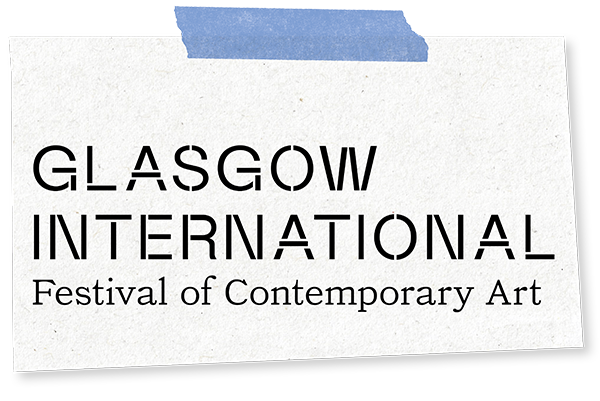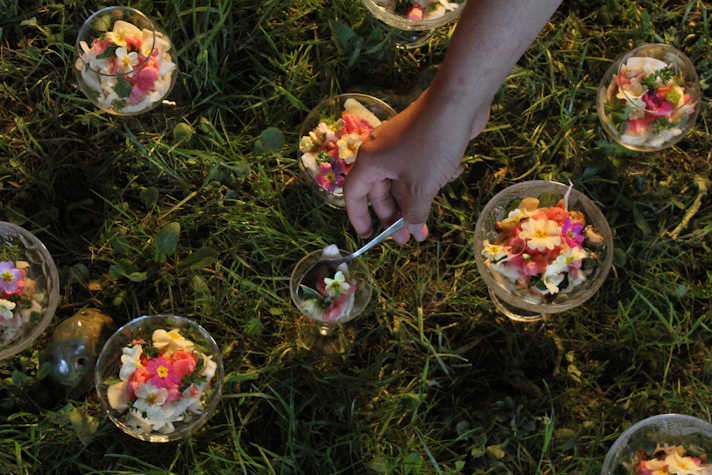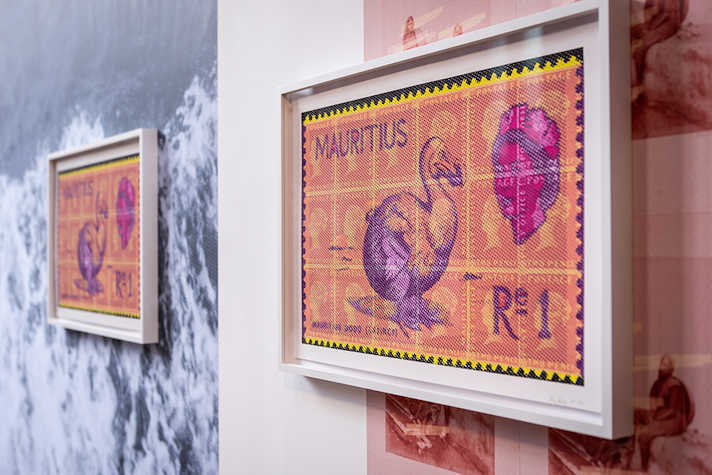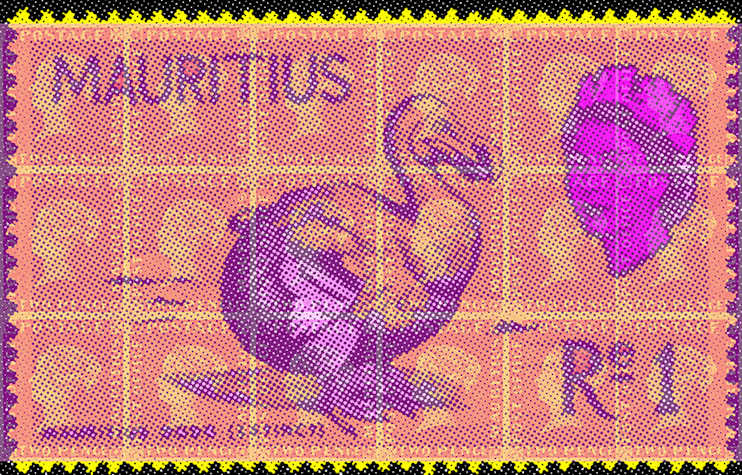- Dates and Opening times
Fri 7 June – Sat 27 July
Mon – Sat, 10am – 5.30pm- Venue
Glasgow Print Studio
Trongate 103
103 Trongate
G1 5Hd- Presented by
Glasgow Print Studio
- Supported by
Glasgow Print Studio is supported by Creative Scotland. Project supported by CHARTS Argyll and the Isles; Aapravasi Ghat Trust, Mauritius; and We Are Here Scotland, Aberdeen. Additionally supported by Glasgow International with funds from the Scottish Government’s Festivals EXPO Fund.
- Accessiblity
Good access: The venue has ramped or level access and/or lifts to access upper floors
Toilets: The venue has toilets available for visitors
Accessible Toilets: The venue has a wheelchair-accessible toilet
each body wakes up on a wave is a group exhibition exploring critical connections between labour, migration and the environment. Curated by artists Rudy Kanhye and Lauren La Rose, it questions complex histories of post-slavery indentured immigration and its legacies. Through the idea of the creole garden, the exhibition reflects on systems of labour and migration.
In 1834, the British Government selected Mauritius as the first site for what it called ‘the great experiment’ replacing enslaved people with ‘free’ labour – this became a global economic system and one of the greatest migrations of workers in history. Drawing inspiration from Mauritian poet Khal Torabully and Edouard Glissant’s concept of the creole garden, Rudy, Lauren and contributing artists activate and respond to the tradition of the creole garden as a symbol of resilience, post-colonial resistance and care. The garden serves as a site of contemplation, connecting with the memories of indentured diaspora and responding to historical and contemporary embodiments of creolisation and mixed-race identities.



